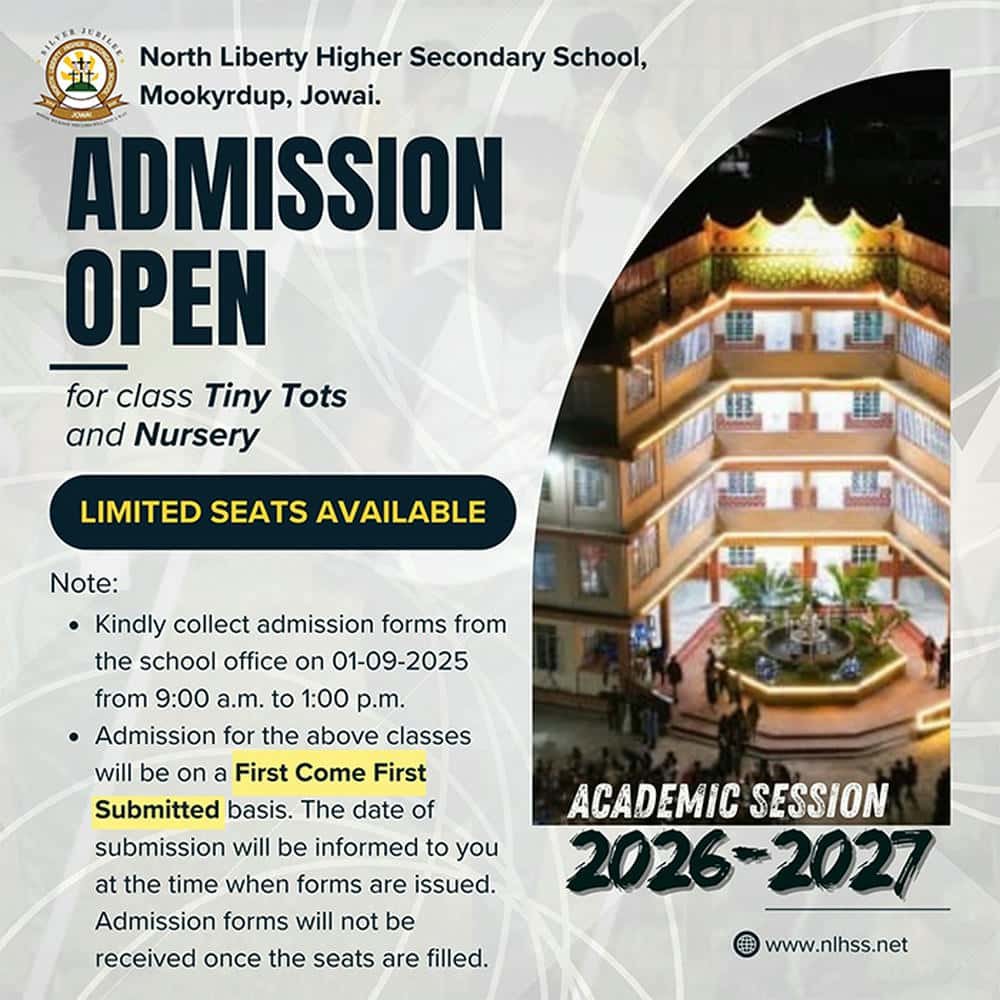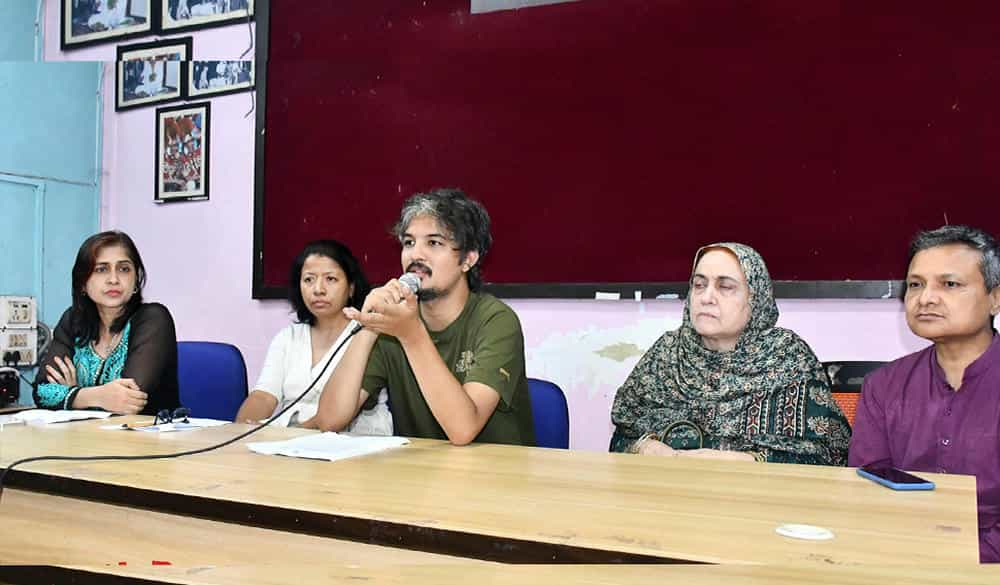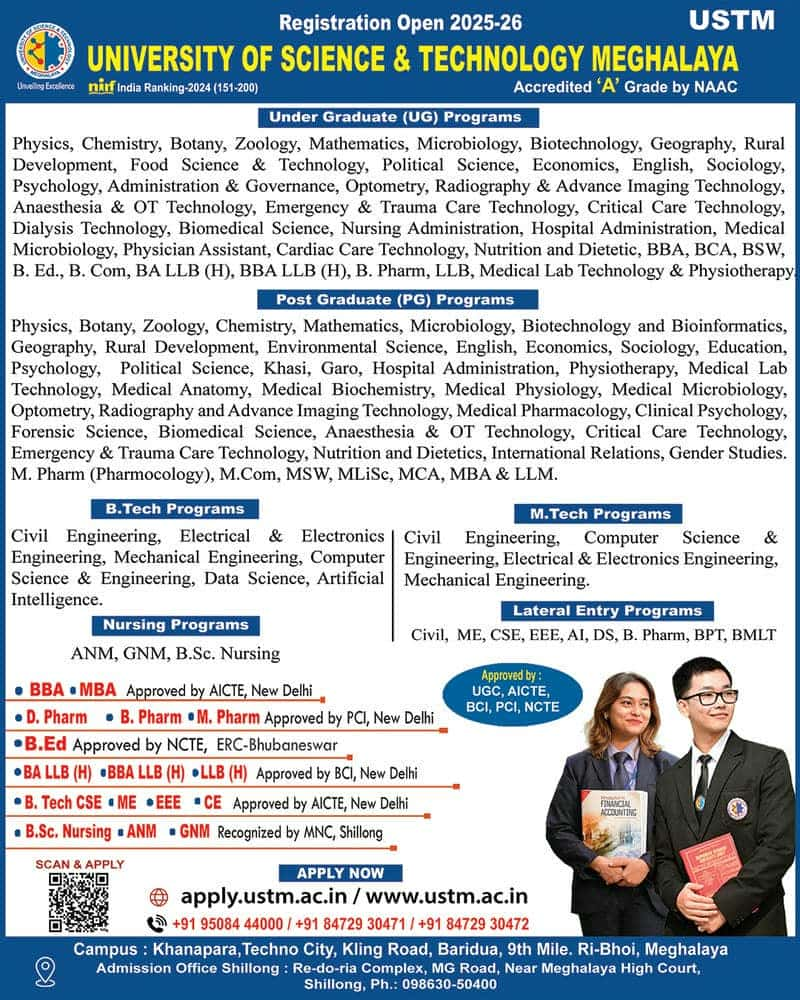‘Reclaim Guwahati’ rises: Citizens slam green destruction, unsafe projects, and top-down development

A grassroots movement is gaining ground in the heart of Assam’s capital city Guwahati. A newly formed citizens’ group, Reclaim Guwahati, is taking a stand against unsustainable urban development—starting with Dighalipukhuri, one of the city’s iconic public spaces.
Addressing a press conference at the Guwahati Press Club on Monday, group leader Milan Dutta launched a sharp critique of current infrastructure projects that, in the name of progress, are compromising the city’s environment, safety, and democratic voice.
“Guwahati is urbanizing fast, but it’s losing its soul in the process,” said Dutta, pointing to a disturbing pattern of green cover destruction, risky construction practices, and opaque decision-making.
Reclaim Guwahati’s first battlefront is Dighalipukhuri, where the Assam Tourism Development Corporation (ATDC) has proposed deploying SABRE technology to tackle water pollution. While the group appreciates the intent, it criticizes the move as a short-term fix that sidesteps root causes like waste mismanagement, agency miscoordination, and lack of public awareness.
What’s more, Dutta slammed the lack of public consultation and transparency behind this decision—especially after the abrupt discontinuation of a similar project led by TERI (The Energy and Resources Institute).
This comes even as local volunteers have collected over 1,100 kg of waste from the pond over six months, installed bamboo bins, and placed anti-littering signs—without a rupee in state support. “The government must involve these citizens to ensure real, lasting change,” Dutta asserted.
Another flashpoint is the Noonmati–Dighalipukhuri flyover, which threatens to erase some of Guwahati’s last street-side trees in Ambari. These mature trees not only offer ecological benefits but also provide desperately needed shade to pedestrians and informal workers in the rising summer heat.
The group questioned the plan to translocate these trees to the Textile Institute without public input, citing low survival rates of such efforts. As an alternative, they propose ending the flyover at Guwahati Club Rotary and using nearby railway land to reduce ecological impact and avoid complex land acquisition.
The movement also flagged serious safety lapses at public infrastructure sites, citing recent incidents like the electrocution accident near the under-construction GNB Road flyover. Residents report exposed high-tension wires, poor site management, and dangerous waterlogging.
Reclaim Guwahati has laid out clear demands that ATDC must hold public meetings about the SABRE project and actively involve the community in monitoring and maintenance.
The group said PWD must publicly discuss flyover plans and tree preservation, with decisions based on resident feedback.
Dutta also said PWD and APDCL must address safety issues and improve coordination, oversight, and contractor accountability at all public construction sites.
“Guwahati deserves better, and we won’t back down until the city is developed responsibly, sustainably, and transparently,” Dutta said. The group plans to focus on Dighalipukhuri first, then move to Silpukhuri and beyond—one neighbourhood at a time.





Leave a Reply